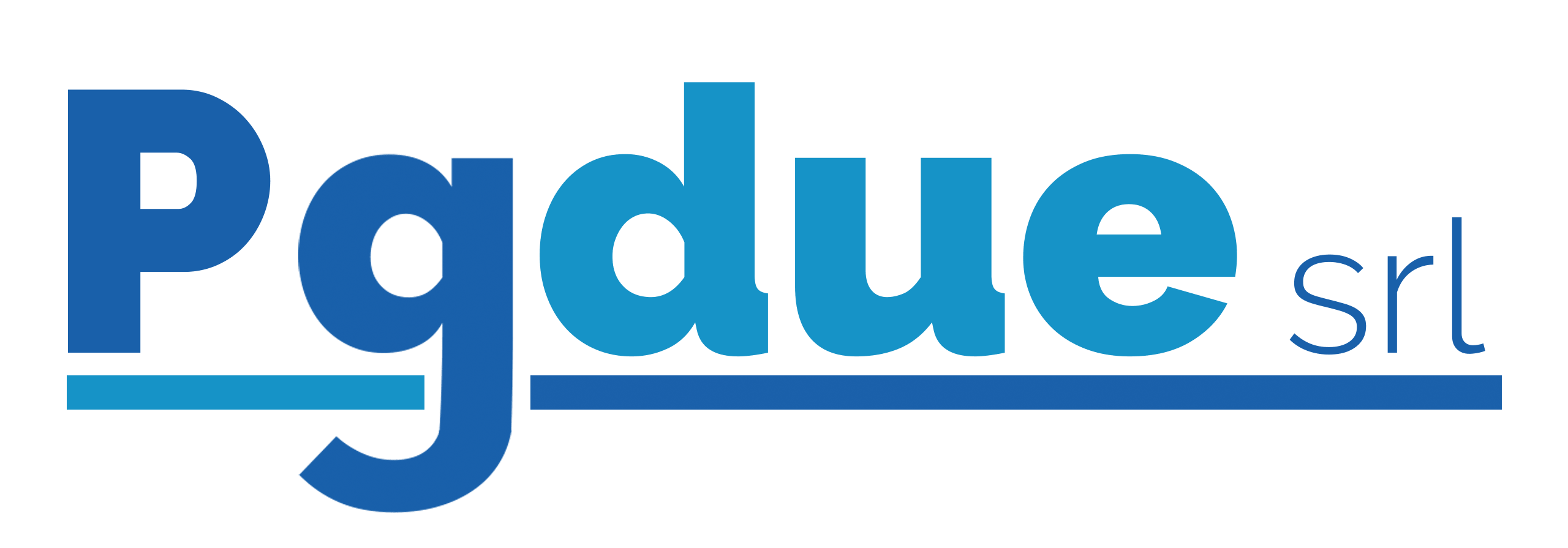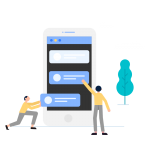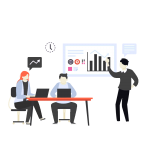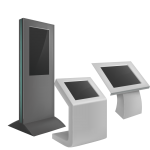Content
This pattern of drinking is linked to insomnia, which can develop after binging. One study on binge drinking and insomnia found that people who binged two days a week had an 84% higher chance of having insomnia. When a person has sleep apnea, they have interrupted breathing during the night. The condition is linked to fatigue as well as serious cardiovascular conditions like heart attack and stroke. Though there isn’t much scientific proof that any of these nighttime drinks work to improve your slumber, there’s no harm in trying them, Gamaldo says.
- RISE users on iOS 1.202 and above can click here to set up their avoid late alcohol reminder.
- I’ve always had difficulty sleeping with any sound in the room so I use earplugs whenever I go to bed.
- “Alcohol will dehydrate you, which intensifies fatigue, exacerbates concentration issues, and can lead to overeating,” says Dr. Michael Breus, a clinical psychologist and sleep specialist.
- Cutting these behaviors down, or out all together can help keeping an unshifted circadian rhythm.
- I know from experience that there are supplements and lifestyle strategies that can be of tremendous help in restoring biochemical balance and stopping alcohol withdrawal insomnia.
Longo and Johnson69 recommended trazodone or nefazodone as first-line agents for medicating insomnia in substance abusers, but nefazodone is rarely used today because of hepatic failure risk. The evidence to date suggests that subjective and objective sleep continuity variables (insomnia) are robust predictors of relapse during recovery from alcohol dependence. On the other hand, the relationship between relapse and sleep architecture variables remains to be fully elucidated. Targeting insomnia during recovery from alcohol dependence may thus improve treatment outcome for the alcoholic patient. Generally speaking, insomnia during alcohol withdrawal can resolve within a few days to a week after quitting drinking. However, for heavier drinkers in can take longer, or even become a chronic issue.
The power behind your next best day
Alcohol is a central nervous system depressant, meaning it slows brain activity. This can lead to sleepiness, and may lead you to think it’s easier to fall asleep when using alcohol at bedtime. However, alcohol is known to negatively affect the quality and duration of sleep1, and using it to sleep can be counterproductive. Alcohol withdrawal insomnia is so common that it is one of the diagnostic criteria for alcohol withdrawal. Insomnia from alcohol withdrawal is likely to persist through the initial period of abstinence. Insomnia after alcohol withdrawal may, in some cases, persist for months or years.
Eye movement increases, often seeming to jerk around, breathing increases and can be irregular and shallow, blood pressure increases and dreams begin. During this period, learning, memory, and processing functions of the brain are enhanced, affecting a person’s long-term memory capacity. At the beginning of the NREM cycle, within seconds to just a few minutes after nodding off, alpha and theta brain waves cause eye movement to slow down. This is a stage of light sleep where the individual can be easily woken. Low doses of alcohol have been shown to make sleep less restorative and can be stimulating.
Alcohol, Sleep & Addiction: When to Get Help
If all else fails and inpatient rehabilitation is not an option, you may be able to obtain medications for alcohol withdrawal from your doctor. These medications will stimulate your GABA receptors and/or reduce glutamate levels, which can help you sleep. In short, phenibut is a powerful anti-anxiety supplement that helps with sleep and can also be used to ease mild to moderate symptoms of alcohol withdrawal at home. For people that quit drinking and can’t sleep… I’m SUPER PUMPED to tell you about Sleep Support because it’s an easy and affordable way to consume many of my favorite sleep-inducing nutrients. I vividly remember the day I began supplementing with magnesium during post-acute withdrawal.
Whatever the reason, identifying the cause will help you put an end the problem. However, some people feel they can’t sleep unless they have had alcohol. If you can’t sleep without alcohol, then read on for some helpful tips. Alcohol also causes your muscles to relax more during sleep, including the muscles in the back of your throat and tongue. This can cause1 or worsen a condition called obstructive sleep apnea (OSA), in which the tongue relaxes during sleep and obstructs the airway.
Why does alcohol help me sleep?
She recommends them to patients who want treatment without side effects or drug interactions. As well as reminding you when to stop drinking alcohol, RISE can let you know the best time to finish up your last large meal and coffee for the day, and when to dim the lights. Beyond smoking, while drinking you may also be getting bright light exposure — either while watching TV or in a brightly lit bar — or eating a late-night meal or unhealthy snacks. You may even have caffeine if you’re partial to an espresso martini. But bright light, caffeine, and smoking can all disrupt your sleep further.
How long after quitting alcohol does sleep improve?
After one week away from alcohol, you may notice that you are sleeping better. When you drink, you typically fall straight into a deep sleep, missing the important rapid eye movement (REM) sleep.
Two hours 20 minutes later, their melatonin levels were down 15%, and three hours 10 minutes later, melatonin levels were down 19%. Speak to a healthcare professional if you think you have a problem with alcohol use to get help cutting down or quitting. When you don’t get enough REM sleep one night, you might experience REM rebound the next time you go to sleep. This is when your body spends more time in REM to make up for the lack of it the night before, meaning your sleep architecture is yet again changed.
When should I stop drinking alcohol before bed?
Alcohol can cause you to wake up more often during the night, make your snoring worse, and reduce how much REM sleep you get. The RISE app can guide you through 20+ sleep hygiene behaviors and tell you the exact time to do them based on your circadian rhythm to make them more effective. As a default, RISE will tell you — and send a notification if you want an extra nudge — to avoid alcohol four hours before your Melatonin Window each night. But you can opt to get this reminder closer to or further away from your Melatonin Window. And alcohol ups your odds of night sweats, too, meaning you may wake up in a hot flush or drenched in sweat — not exactly a recipe for restful sleep. Sleep restriction therapy reduces insomnia by reducing the amount of time you spend in bed.
Why do I feel drunk without alcohol?
There is limited information in the medical literature on auto-brewery syndrome, also known as gut-fermentation syndrome. This rare syndrome occurs because of yeast overgrowth in the gut, leading to fermentation of ethanol, thereby causing symptoms similar to alcohol intoxication without ingestion of alcohol.
Here’s what drinking alcohol before bed can do to the body, along with a few tips on how to get better sleep without drinking. Taken together, these findings indicate that CBT-I may improve sleep and quality of https://ecosoberhouse.com/ life of recovering alcoholic patients. Studies are needed to compare the efficacy of pharmacological and nonpharmacological interventions for sleep in early alcohol recovery, both alone and in combination.
Fragmented Sleep
Staring at the clock while you are trying to fall asleep can be very counterproductive as it can increase stress and anxiety levels, making it more difficult to fall asleep. Keeping your bedroom clock turned away from your bed may help reduce the temptation to peek and see what time it is. If can’t sleep without alcohol you find yourself lying in bed without falling asleep for 20 minutes or longer, it is suggested to get out of bed and do something peaceful while waiting to become drowsier. During apnea-related breathing episodes – which can occur throughout the night – the sleeper may make choking noises.








